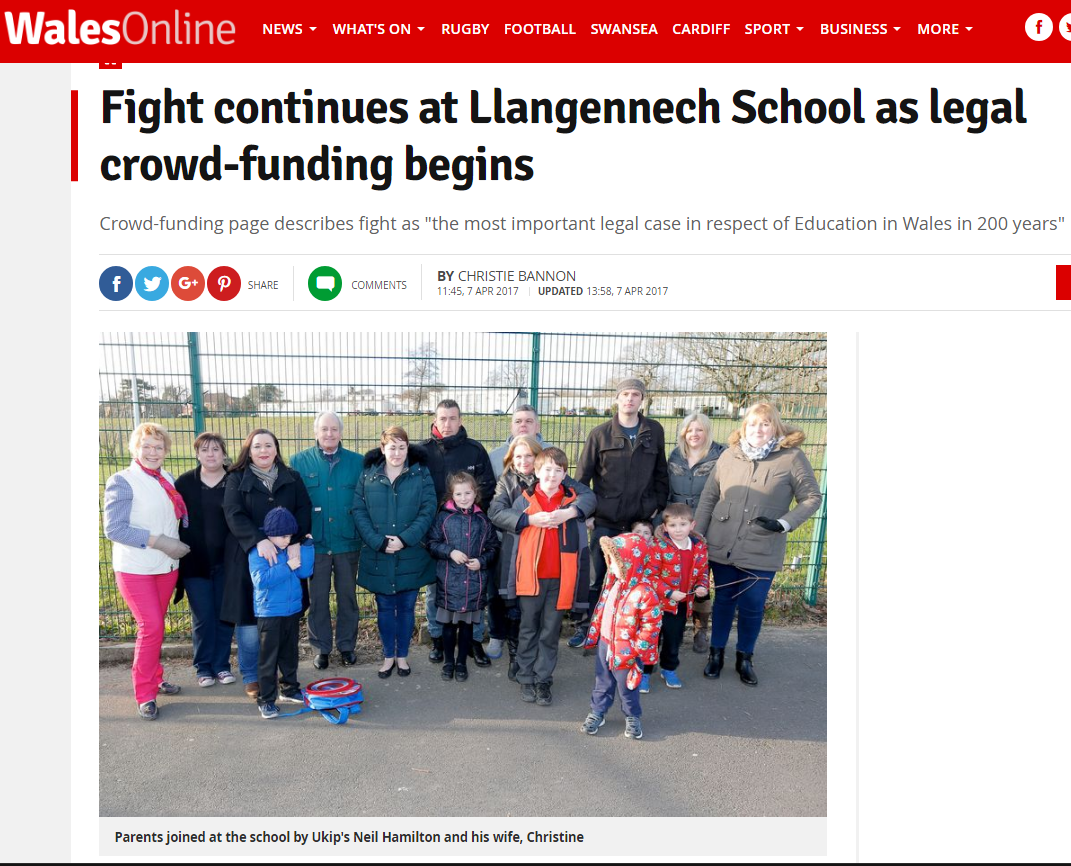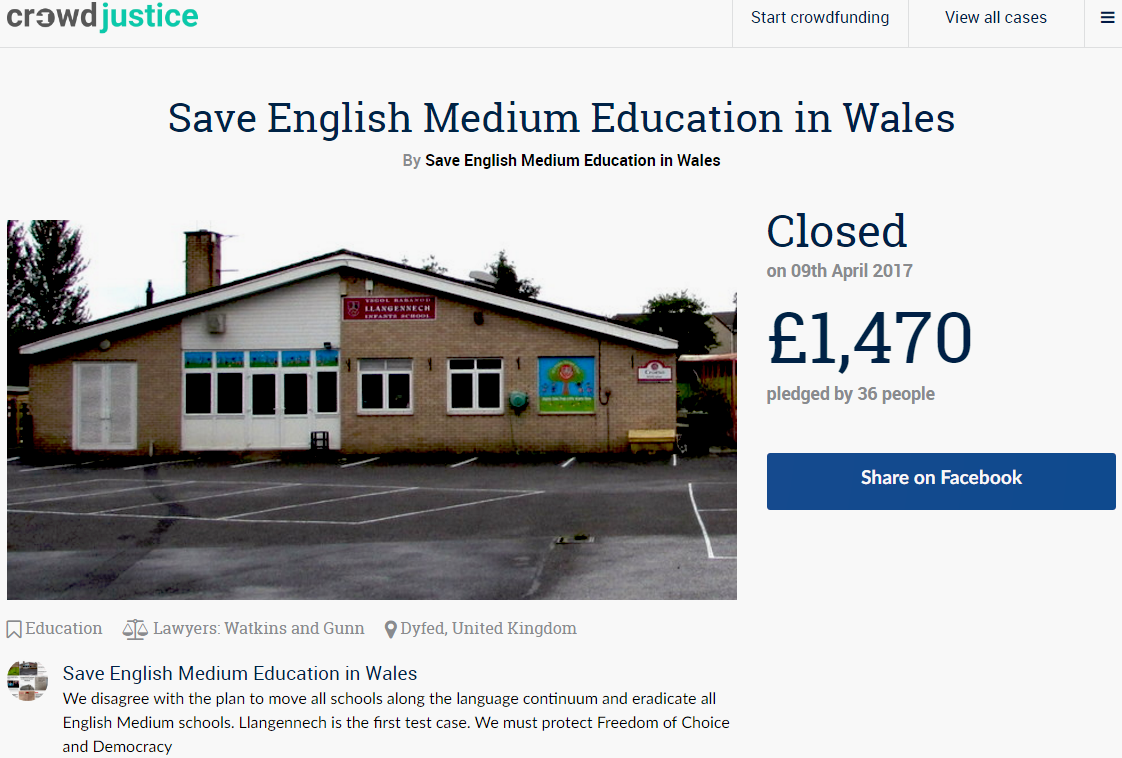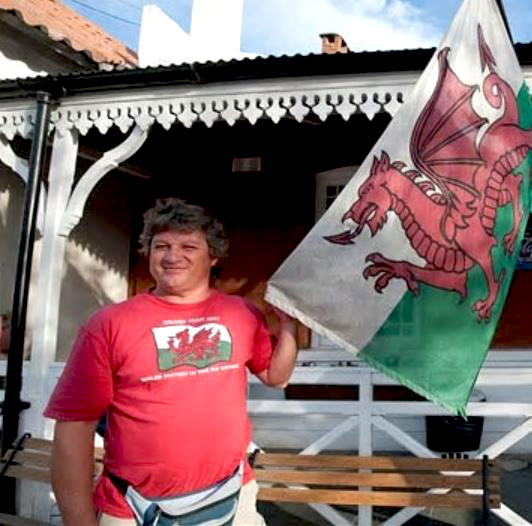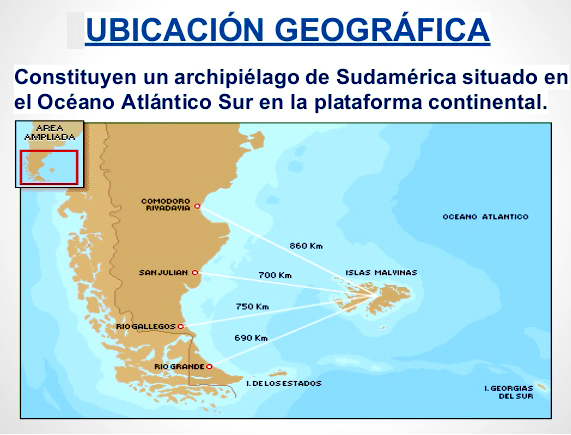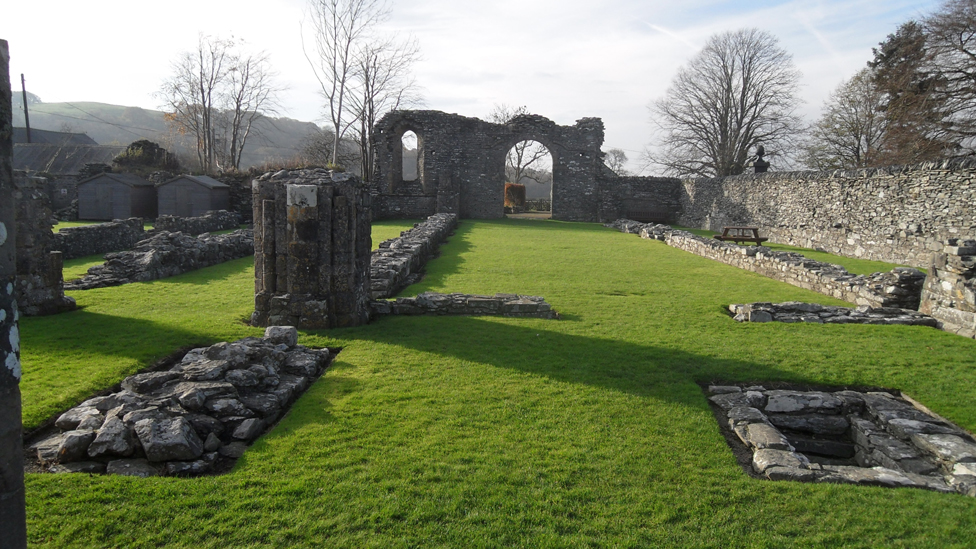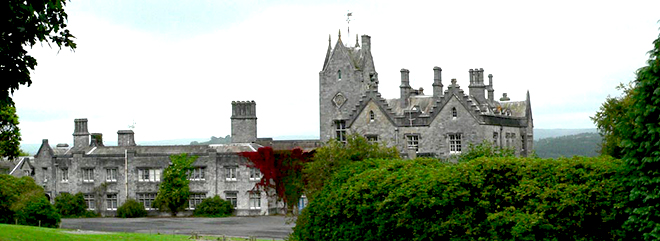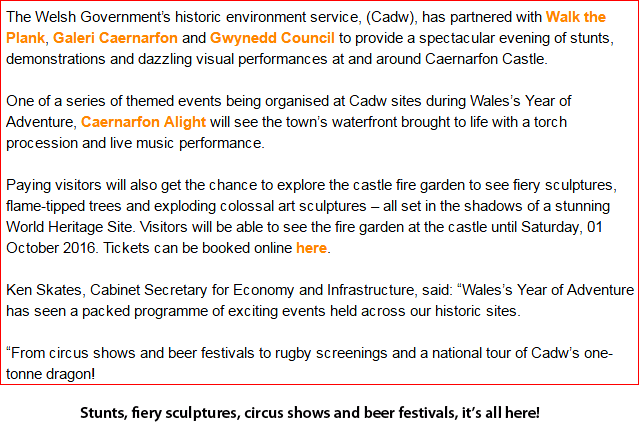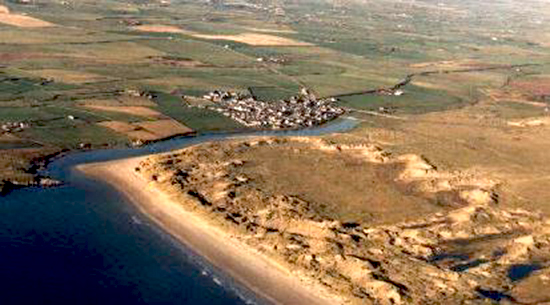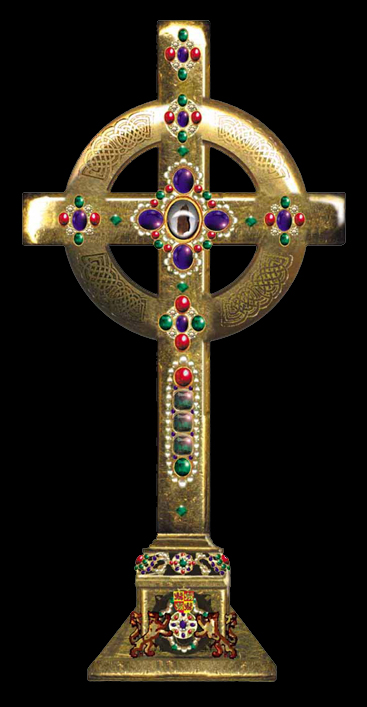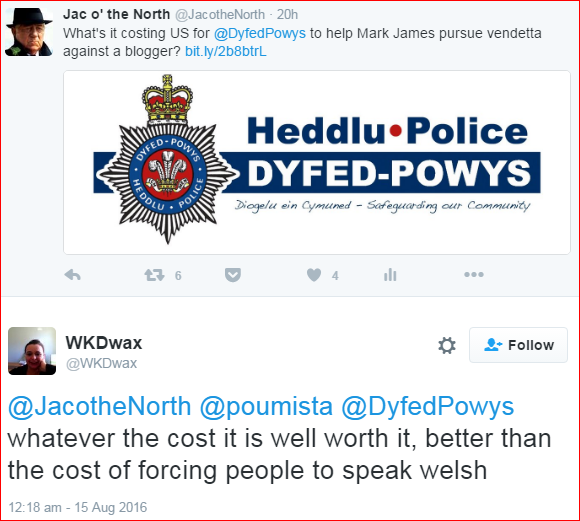THE STATE WE’RE IN
If we believe certain politicians in Europe, the USA and elsewhere, then Russia controls cyberspace. Vlad the Influencer is dabbling here, sticking his oar in there, getting Trump elected in the USA and boosting support for all manner of other candidates. It do make ew think.
Or maybe not . . . seeing as those who tell us these things are politicians and journalists, two sub-species whose members, in the affections of the public, come somewhere below Honest John down his auto ‘showroom’ behind the abattoir. In other words, lying bastards.
Another reason it all falls down is because we are asked to believe that those making these claims against Mr Putin – and the countries these accusers represent – have never themselves tried to influence events outside of their own borders, ever. So it’s not just lies, it’s rank hypocrisy.
The truth is that almost every country tries to influence events outside its borders. With smaller countries it may be no more than an irredentist squabble with a neighbour, but when we come to the big players, the scope becomes global. The bigger the stage, the bigger the lie: invasion becomes ‘humanitarian intervention’ and regime change is ‘restoring democracy’ (often to countries that have never known democracy!).
Now if larger countries are prepared to destabilise or invade other countries in their national interest then it stands to reason that they won’t hesitate to defend themselves from what they perceive to be internal threats.
With the UK this has taken many forms in recent decades. For example, in the 1980s, under Margaret Thatcher, we saw the naked power of the state used to provoke and then crush the National Union of Mineworkers. In Northern Ireland we saw detention without trial and a shoot to kill policy, but also the Royal Ulster Constabulary and the British military and intelligence services co-operating with Loyalist terrorists.
Since the demise of the NUM and peace coming to the Six Counties the perceived threats to the UK have changed, and to meet those new threats we see modified responses. Though one constant among responses is propaganda, which has become more pervasive thanks to modern technology.
To the point where the propaganda offensive mounted to tarnish the SNP and ensure a No vote in the Scottish independence referendum reached a level of state-sponsored lying unknown in Europe since the end of the Cold War.
♦
BELIEVE US – BRITISH IS BEST!
Over the past ten or twelve years we have seen the rise of the SNP, the West has experienced Islamic terrorism (partly in response to military interventions in the Middle East), and to top it all we had the economic collapse of 2008.
After giving these matters a great deal of thought our masters decided that what was needed was a campaign to promote our shared Britishness, then, in response to the faltering economy, suggest that we’re all suffering equally. (Well I did warn you that these are lying bastards.)
Television companies played their part by going into overdrive. In the final year of the ruling Labour–Lib Dem coalition in the Scottish Parliament (to May 3, 2007) there were just 25 television programmes with ‘Britain’ or ‘British’ in the title. Between January 2013 and January 2014, with the SNP controlling the Scottish Parliament and the independence referendum looming, Islamic extremism increasing, and the economy up Shit Creek, the number of ‘Britain’ / ‘British’ programmes had rocketed to 516!
Another response appropriated the humble poppy. When I was young older people wore poppies in November because they had known men who had died in both world wars. It was sincere, and done without affectation or fanfare – and certainly not because they were trying to make a political point.
With our masters’ growing insecurity we saw the poppy transformed into a symbol of British nationalism and unity. This transformation reached its apogee of tastelessness and blatant, Sun-style ‘patriotism’ with the weeping window.
Like I say, it’s called propaganda. On the one hand, it’s intended to comfort (in troubled times) those who have bought in to the messages of state propaganda, and reinforce those messages with which the converted have been inculcated since childhood. On the other hand, this orgy of BritNat patriotism is also designed to win over those who are sceptical of that state propaganda. Finally, it targets by exclusion those who reject the BritNat message; seeking to intimidate and silence them.
Here in Wales, it seems the only way BritNats can express their loyalty to Britain is by rejecting and attacking anything distinctively Welsh, which will invariably be dismissed as ‘nationalism’ (and therefore divisive). For there seems to be no place in this ‘Britain’ for anything that is not English, other than Orange-Loyalism which it is hoped will help secure Scotland and part of Ireland. Proving, yet again, that ‘Britishness’ in Wales is just another word for Englishness.
Seeing as I’ve mentioned Orange-Loyalism some reading this may be tempted to remind me that the Democratic Unionist Party almost swept the (Protestant/Unionist) board in the recent general election. (True, and Sinn Féin did sweep the board on the other side.) But I would remind them that a) the DUP got just 36% of the vote and b) this was the first election ever in which Unionist parties and candidates failed to get a majority of the vote (49.2%). The writing would appear to be on the wall.
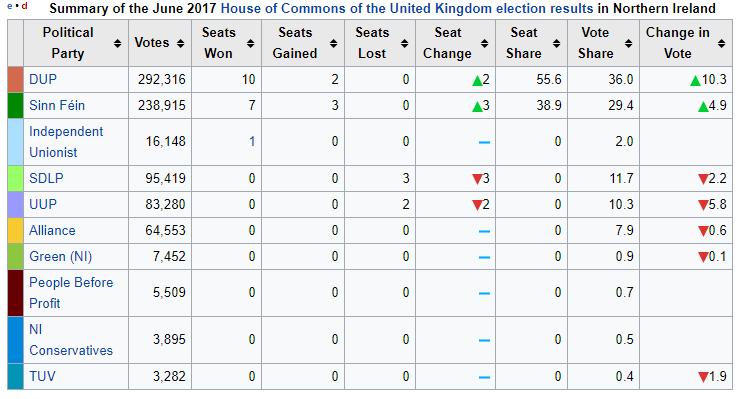
When Sinn Féin becomes the largest party, and if the Six Counties experiences its Algeria moment, where will the hard-line Unionists embark for, or perhaps the question should be – where will the British state resettle them?
♦
THERE REALLY ARE ‘KEYBOARD WARRIORS’!
One casualty of this rise in intolerant Britishness has been the consensus Wales so recently enjoyed on certain issues such as the Welsh language. For in recent years, and perhaps especially in the past year or so, we have seen a tide of bigotry rise to challenge that consensus. And yet, when we analyse this tide it’s difficult to identify other than a few – very busy! – individuals, for so much of the rising hostility to the Welsh language is anonymous.
Though as I say, there are some who can be identified. How could I ignore the indefatigable Jacques Protic, bigot extraordinaire, who can turn any discussion, on any subject, into an attack on the Welsh language. Someone who got a mention in a recent post was Julian Ruck, who now has a platform for his hatred of things Welsh with a weekly column in the South Wales Evening Post. Another worth mentioning would be Michaela Beddows, leading light in the campaign against bilingual education in Llangennech.
As for the rest, well many seem to come and go under a variety of silly names: ‘Cliffoch’, ‘Scrumpy Ned’, ‘The Tywyn Territorial’, even ‘Jacques du Nord’! And of course Protic under a host of aliases, among them, ‘Mo Patel’, ‘J/Jon/John Jones’ and, almost certainly, ‘Bilingo’.
Let me give a recent example. Here’s a ‘Welsh’ Assembly blog by Manon Antoniazzi about diversity and inclusion. It makes no mention of the Welsh language but still attracts ‘John Jones’. And Protic is supported here by the aforementioned Michaela Beddows of Llangennech, she who invited Ukip down and even flirted with the EDL.
But it goes beyond individuals and the SWEP, with the Western Mail living up to its Llais y Sais epithet when it ran a disgusting piece on the Llangennech school affair, suggesting that Cymdeithas yr Iaith members had gone around slashing tyres. It soon climbed down.
Articles supporting the anti-Welsh lobby in Llangennech also appeared in Private Eye and the Guardian. Private Eye, that anti-establishment publication forever laying into fat cats and corrupt politicians, and the Guardian, the voice of liberal reason. Who’d have thought they would be supporting a bunch of bigots in Llangennech?
In fact, the Guardian report caused great angst for those who believe that the people who attack us are simply ignorant of the situation, or else they’ve been misled; give them the facts and – being reasonable people – they will be won over. This is the apologist mindset that simply encourages further attacks.
The truth – that Plaid Cymru and others refuse to accept – is that when the bottom line is defending the Union, and dealing with any perceived threat to the cultural and other unity they believe must underpin the Union, there’s no difference between the English left, right and centre.
More recently I’ve noticed a change in the offensive of offensiveness. For a start, there seem to be more of the enemy and the attacks seem to take two main forms. They’re either an attack on Welsh or bilingual education, often suggesting that children taught in Welsh leave school unable to speak English! or else the criticism is over the amount of money ‘wasted’ on bilingual signs, etc., that could be spent on sick kiddies . . . puppies . . . fluffy kittens . . . (reaches for onion).
There is no doubt in my mind that many of those who have joined the fray in recent years, bemoaning the fact that children are dying of malnutrition and old people freezing to death because of the money wasted on the Welsh language, are working for the British state.
As this article from Private Eye earlier this year tells us, the British army now has its 77th Brigade, dedicated to ‘psy-ops’ (psychological operations). Predictably perhaps, 42% of the outfit will be reservists, but less predictably, the 77th will include “civvies with a penchant for tweeting and trolling on Facebook”. To Twitter and Facebook we can add assorted websites.

“Civvies with a penchant for tweeting and trolling on Facebook”. How would that work, how would the 77th Brigade recruit such people? Do men in dark glasses turn up and say, ‘We’ve been following your career on Twitter and Facebook, we’re very impressed, you’re just the kind of anti-Welsh bigot we’re looking for – sign here!’
So the boys and girls down the local TA Centre, who used to train to repel the Ivans, may now be tweeting in support of Jacques and Jools. (Jacques and Jools may even be on the payroll!) And as the article tells us, the 77th Brigade joins existing units in the army, navy and the air force . . . and then there’s MI5 . . . and MI6 . . . and GCHQ. And of course, with smart phones and iPads, they can all work from home, or on a train – anywhere!
If that wasn’t bad enough then it’s made easy for them by certain websites which don’t ask those making comments or showing ‘Like’/’Dislike’ or ↑↓ to prove they aren’t robots. Among them, perhaps the two most visited sites in Wales, WalesOnline and the BBC.
Something that may have puzzled you is that an anonymous comment to these sites, badly written and expressing lunatic views on devolution, the Welsh language, or blaming laverbread for the decline in the nation’s morals, might quickly gather a dozen shows of support. Rest assured, there aren’t that many nutters out there, these are almost certainly computer generated.
Now that you know, why were you ever surprised that Trinity Mirror and the BritNat Bullshit Corporation should make it easy for the 77th Brigade and others to promote their anti-Welsh agenda? It would be very easy for them to use Captcha – as I do on this blog – to ensure that all comments and shows of support or disapproval were genuine, but they choose not to.
Funny that. Or maybe not.
♦ end ♦











